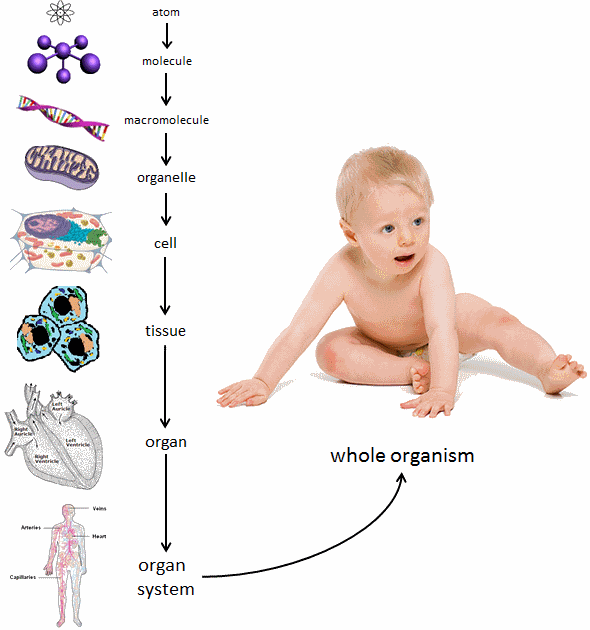Archive for July, 2015
New large and sleek phone from Samsung

Samsung is getting ready to release new Samsung Galaxy S6 Edge+ in late August 2015 according to media reports. Along with it they are expecting to release new Galaxy Note except in Europe. Galaxy S6 Edge+ is a large format (5.7-inch screen), high-end, handheld device. The screen of the new phone is 0.6 inches larger than its previous large phone and the screen is scratch resistant. Many call it a “phablet.” Apple’s shift to large format phone prompted Samsung to introduce a competing phone from them.
The new Edge+ will have the curved glass screen that is customary to many smaller Samsung devices especially smartphones. The new “phablet” comes with extra gigabytes of memory, up to 4GB of RAM, helping with multi-tasking capabilities. This will also help with faster processing. Camera in the new phone will allow 1080p live broadcast of high definition video.
Samsung holds the lead (73 million units) over Apple (47 million units) in regard to shipments of smartphones worldwide. The new phone comes with a metal edges and glass back giving it a trendy look and feel. The new phone will help to promote its new payment system, Samsung Pay that it expects to introduce soon.
No commentsIdentifying the Genes Inside Humans
Written by: The Midland Certified Reagent Company
One of the most significant scientific breakthroughs of the twenty-first century is the ability to decode the human genome and essentially read our own genes. We’ve learned a lot since that point, but we still have a long way to go applying this knowledge in a way that benefits patients. Someday, dual-labeled probes will be able to screen DNA from parents to analyze a child’s potential for disease. First, we need to identify the genes that cause these mutations, so we can better understand how to deal with them.
Identify Harmful Genes
Scientists hope that soon we’ll be able to identify a disease based on its genetic makeup, which an important step in curing. The challenge lies in what to attack. Without knowing the genetic makeup of diseases, any vaccines engineered to fight them might hurt well-meaning cells too. Medical scientists are beginning to use the automated process of oligo synthesis to study how a disease might react before we try to use a cure on a live subject.
Synthesize Cures
Part of understanding the body means understanding how medical science impacts it. We might not know that a particular vaccine could alter someone’s genetic structure and cause mutations we don’t want unless we experiment for those outcomes. A modified oligo allow techs to simulate the disease with normal human DNA, literally diagramming how a potential cure alters the genetic material involved.
Final Thoughts
With a greater understanding of the human genome, we can fight disease at a molecular level instead of treating symptoms as they arise.
No comments
